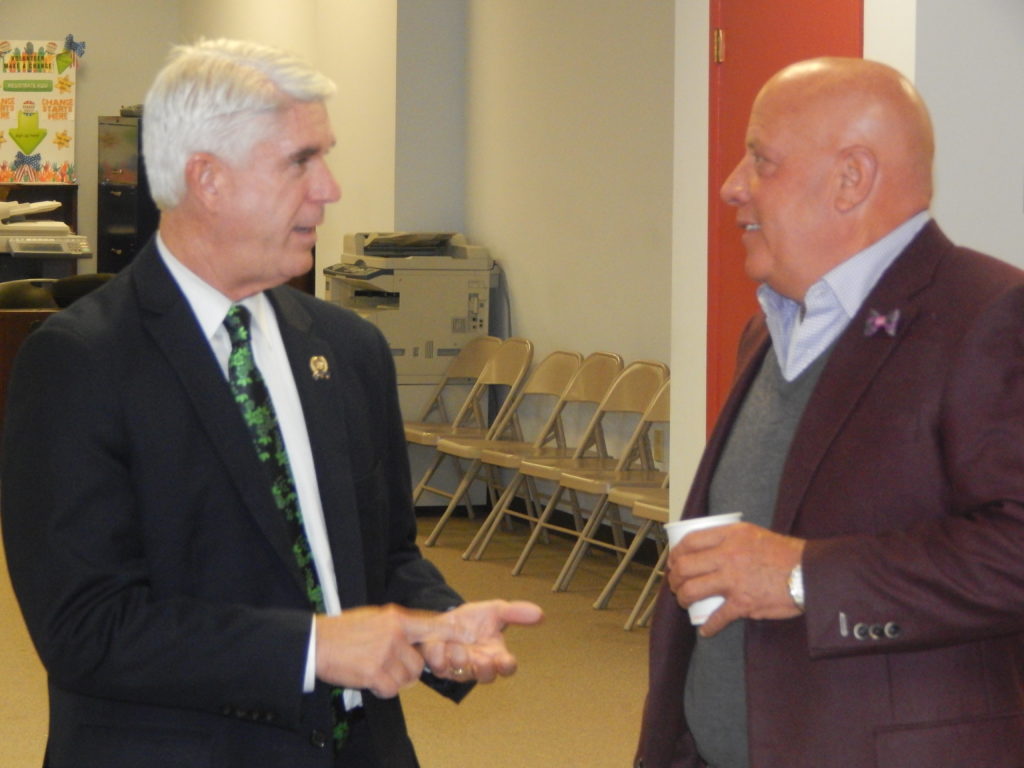Panel approves Rooney bill holding Superfund polluters accountable

| Panel approves Rooney bill holding Superfund polluters accountable
TRENTON, N.J. – The Assembly Environment committee passed legislation today preventing public pension funds from investing in companies that are not meeting Superfund cleanup obligations. Corporations that file bankruptcy to avoid paying for environmental remediation are targeted by Assemblyman Kevin J. Rooney’s bill (A997).
“We cannot allow companies to benefit from state investment while they are walking away from an environmental disaster,” said Rooney (R-Bergen). “This bill sends a clear message that irresponsible behavior and dubious tactics will not be tolerated. We will hold them accountable for poisoning our environment.” A previous version of the bill (A4814) was unanimously approved by the Assembly and the Senate during the previous legislative session, but Gov. Chris Christie did not sign it. Rooney drafted the measure after an American-based subsidiary of an Argentinian company declared bankruptcy to avoid paying $1.4 billion to remediate a heavily polluted stretch of the Passaic River. The Diamond Alkali Company, now known as Maxus Energy, owned and operated a facility in Newark manufacturing agricultural chemicals including Agent Orange and DDT. Over decades, chemicals were dumped into the river in what is now a Superfund site. “This negligence had a devastating effect on the environment,” said Rooney. “Hundreds of thousands of gallons of dioxin were recklessly poured into the water. The poison is incredibly toxic and can take decades to degrade naturally.” The parent company of YPF SA intentionally placed their subsidiary into bankruptcy just months after the Environmental Protection Agency announced a cleanup plan. “These actions set a dangerous precedent,” continued Rooney. “New Jerseyans cannot be expected to clean messes made by those exploiting our system. Our state cannot afford it, and neither can our environment.” The New Jersey pension fund owns more than 860,000 shares of YPF, valued at approximately $18 million. The site is one of the most polluted stretches of water in the nation, and eating fish and crabs from the area is prohibited. The remediation plan is considered the one of costliest and most extensive projects ever undertaken. The Senate approved the legislation in February. # # #
|





